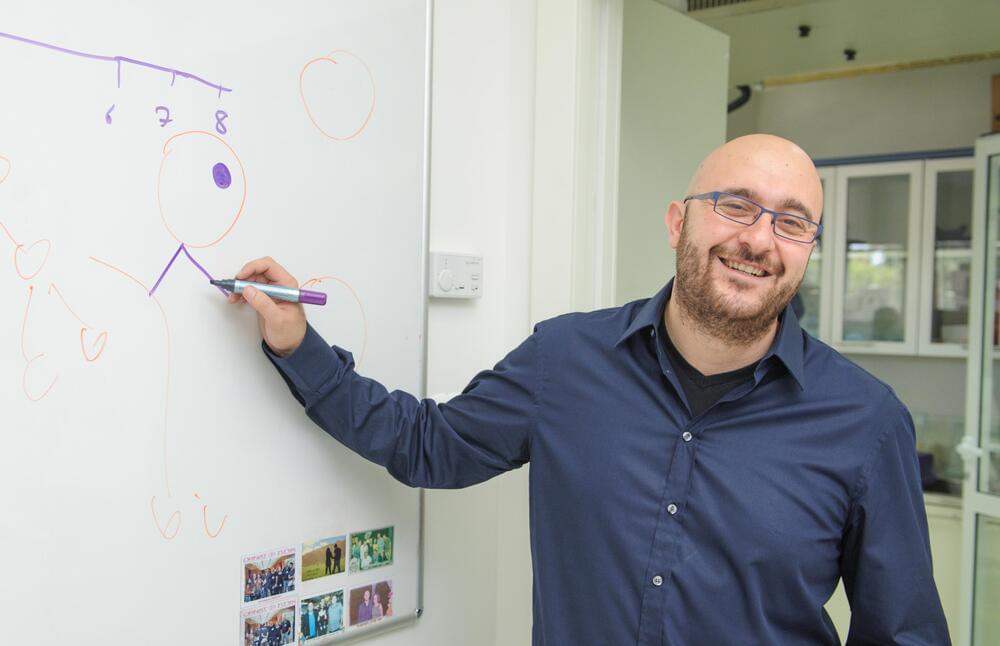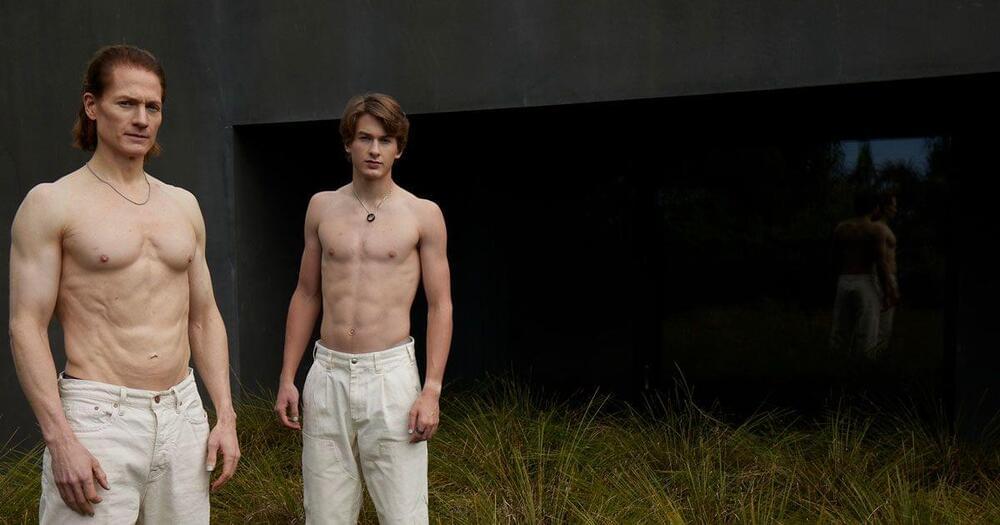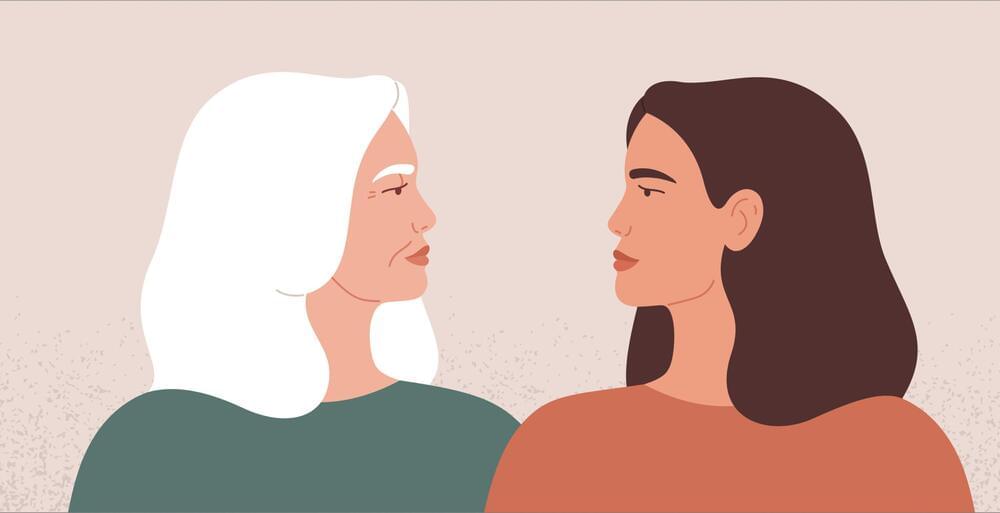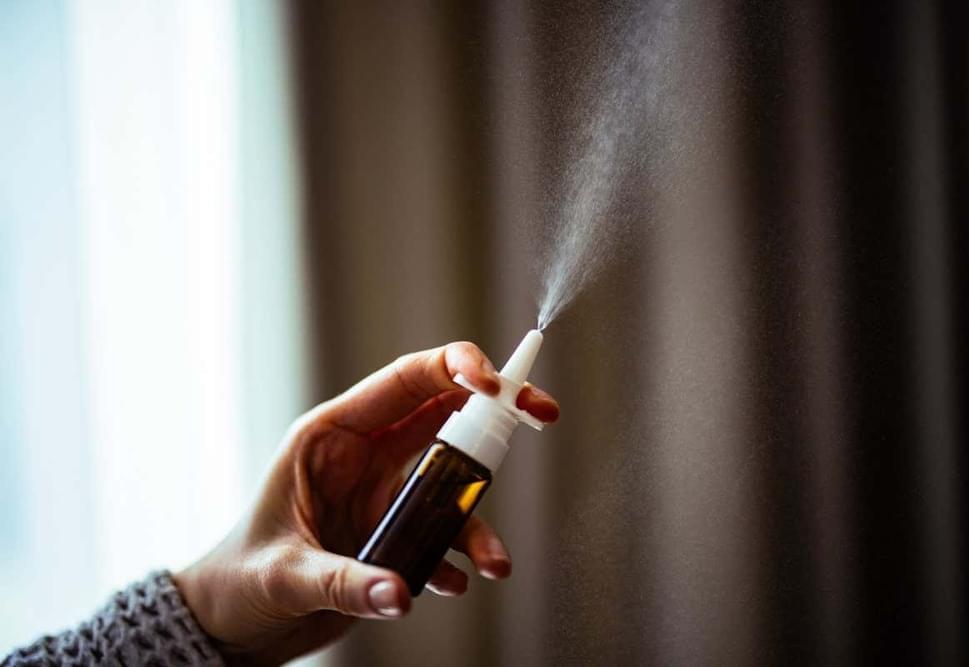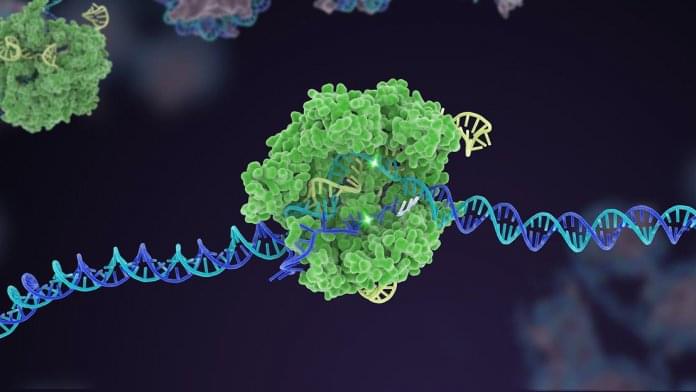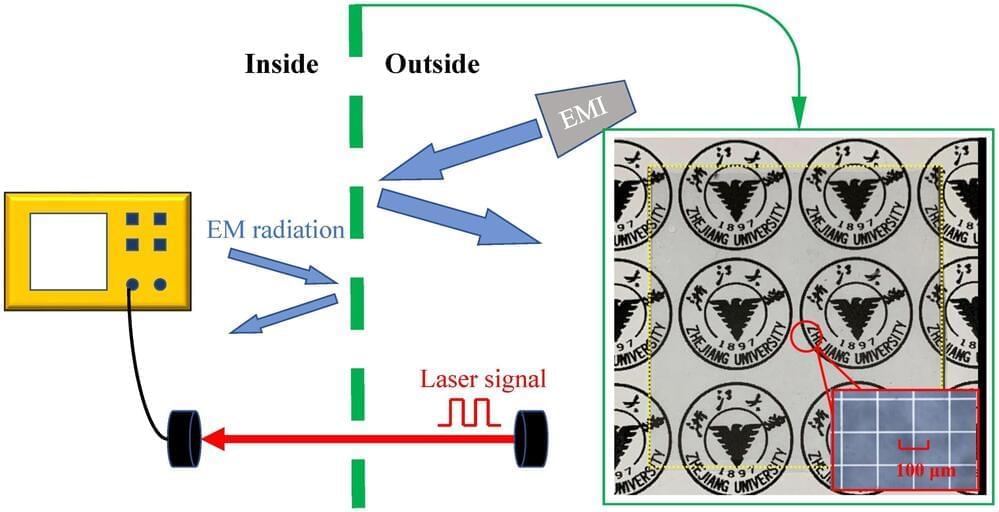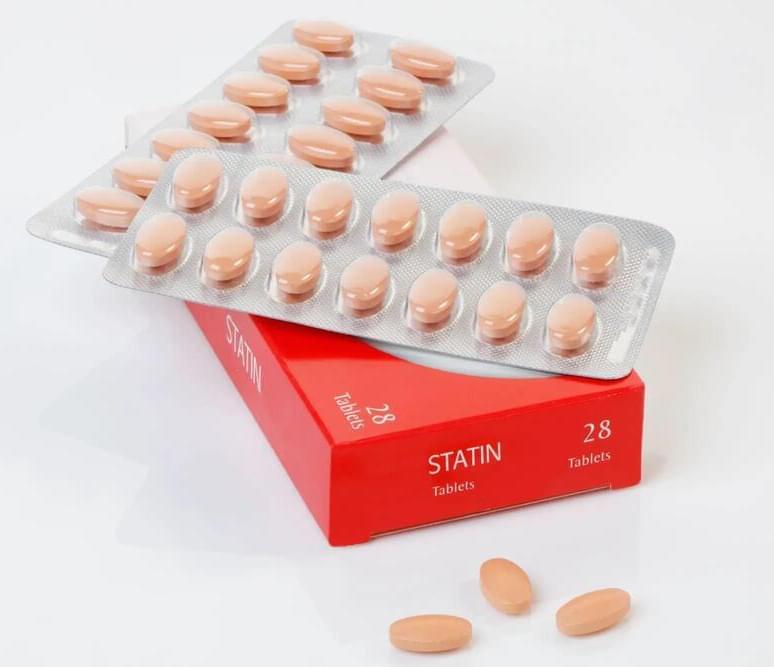Dr. Nadine Lamberski, D.V.M., Dipl. ACZM, Dipl. ECZM (ZHM), is Chief Conservation and Wildlife Health Officer, at the San Diego Zoo Wildlife Alliance (https://sandiegozoowildlifealliance.org/about-us/key-leaders/nadine-lamberski).
Dr. Lamberski leads a unified team of conservation scientists, researchers, wildlife nutritionists, and wildlife veterinarians, cultivating a strategic approach to conservation efforts. She is aligning San Diego Zoo Wildlife Alliance with other global conservation organizations and developing strategies that safeguard biodiversity so all life can thrive.
Dr. Lamberski joined the San Diego Zoo Safari Park in 2001 as senior veterinarian, following seven years as the senior veterinarian at Riverbanks Zoological Park and Botanical Garden in Columbia, South Carolina. She completed an internship at the University of Tennessee and Zoo Knoxville, followed by a zoological medicine residency at the University of California, Davis.
Dr. Lamberski has focused her career on the health and welfare of zoological species, as well as on the conservation impacts of disease on small or fragmented wildlife populations. She has participated in several field projects, most notably studying black-footed cats in southern.
Africa, thick-billed parrots in northern Mexico, desert tortoises in the Southwestern United States, and working with partners at the Reteti Elephant Sanctuary in northern Kenya. She is inspired by the next generation of wildlife veterinarians and conservationists and has a special.
interest in organizational leadership.
Dr. Lamberski is a Diplomate of the American College of Zoological Medicine (ACZM) and European College of Zoological Medicine (ECZM) in zoo health management (ZHM). She received her undergraduate degree in zoology and DVM from the University of Georgia.
Dr. Lamberski is a member and past president of the American Association of Zoo Veterinarians and a member of the American Veterinary Medical Association, American College of Zoological.
